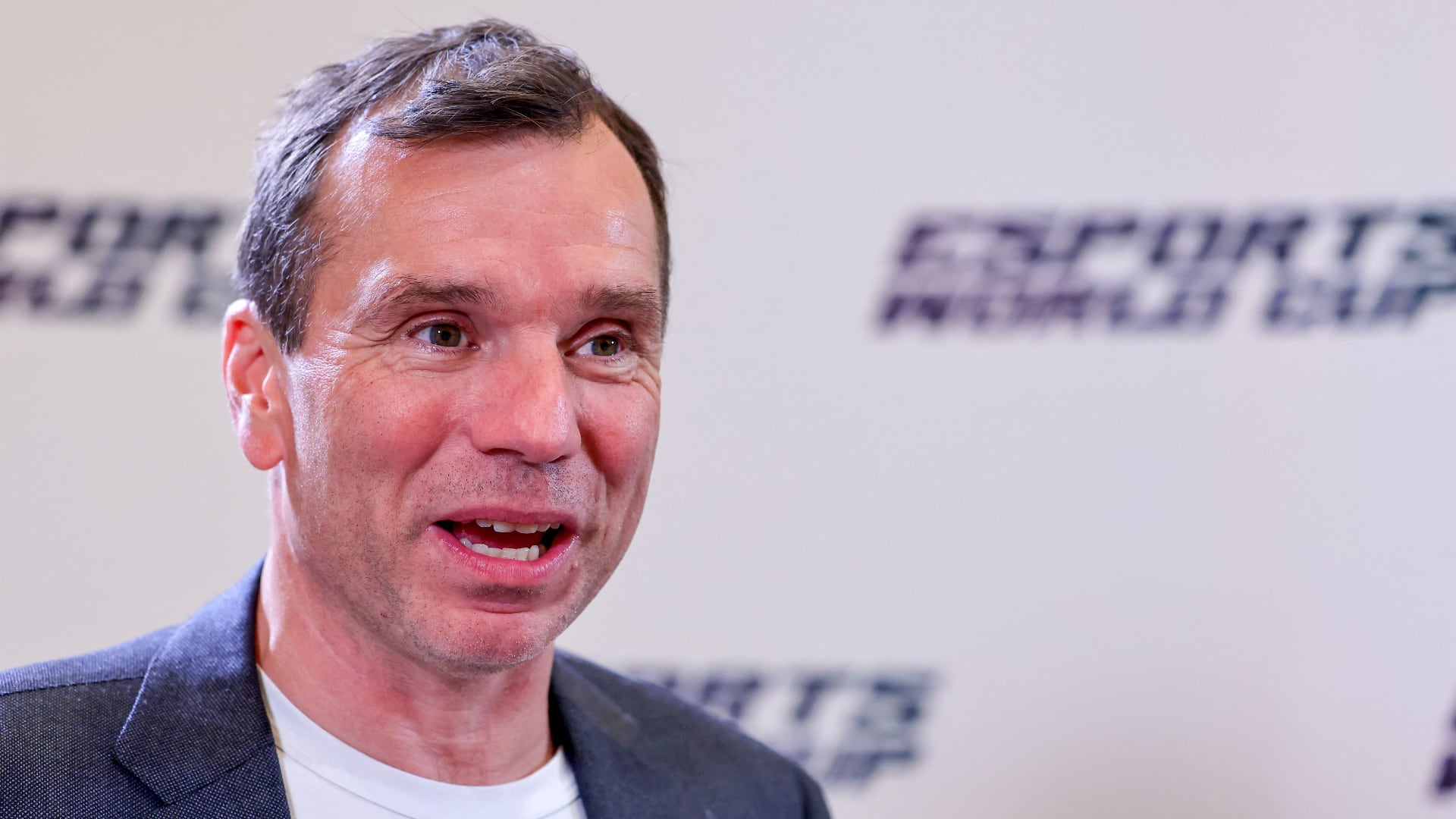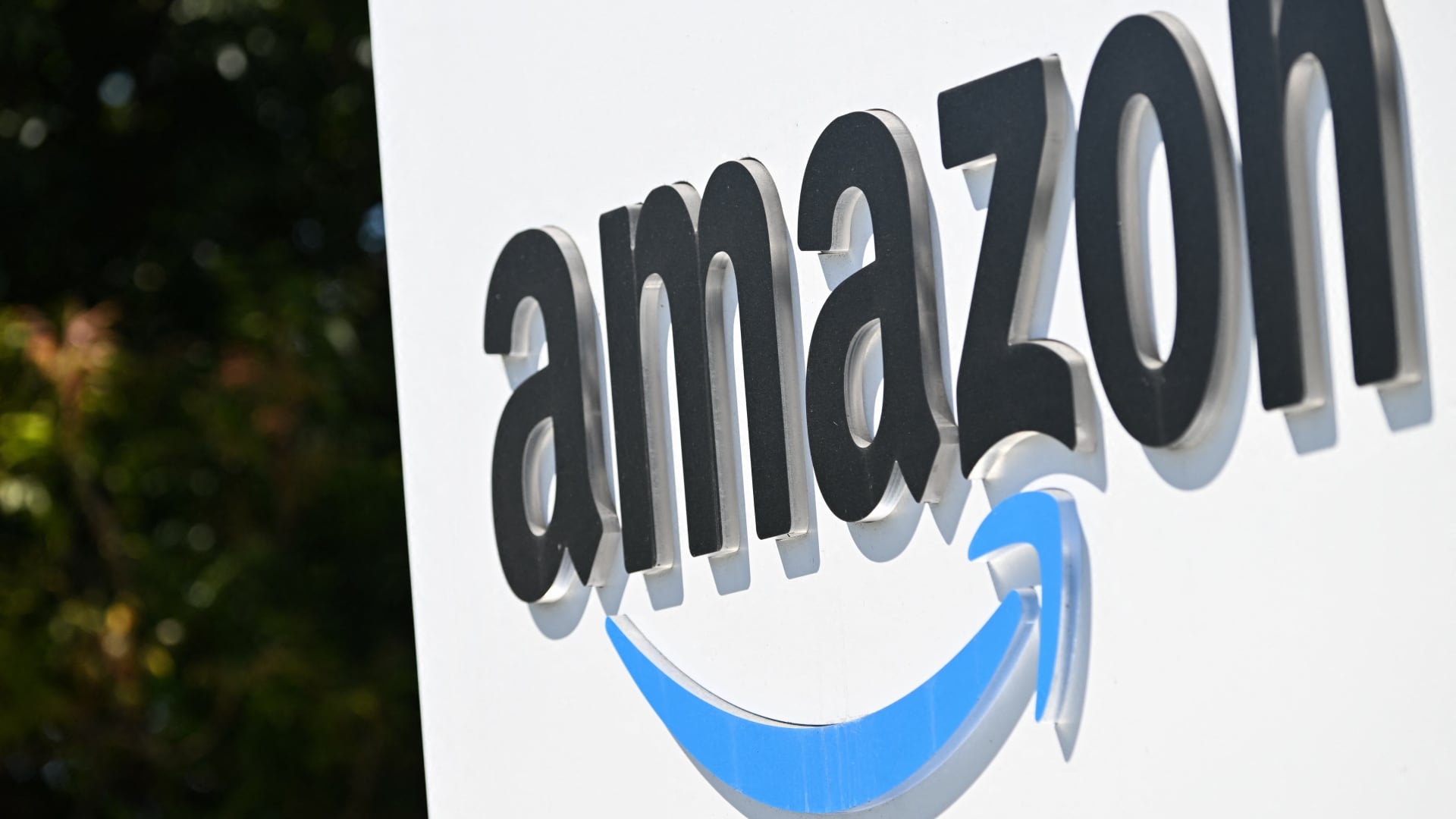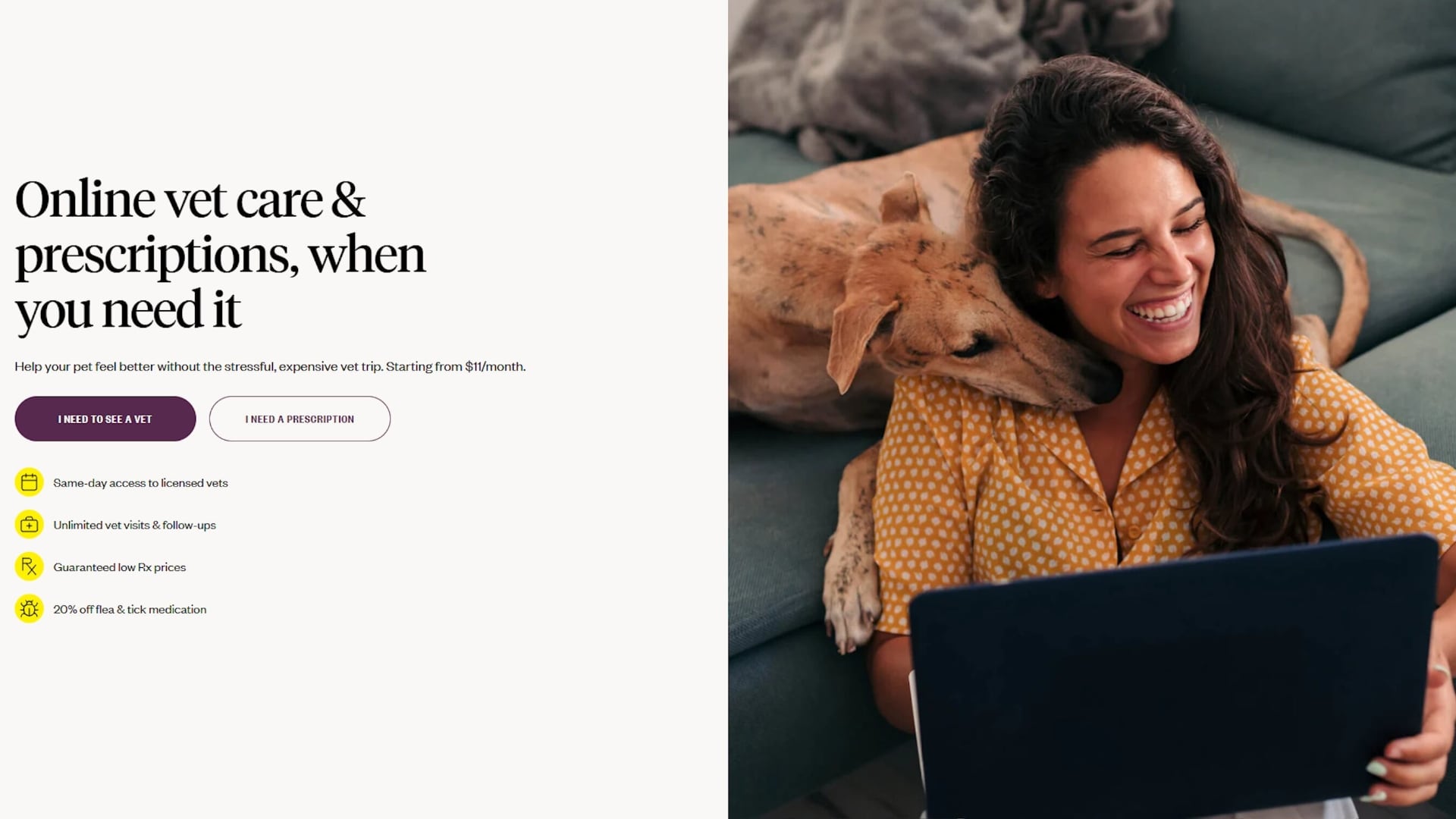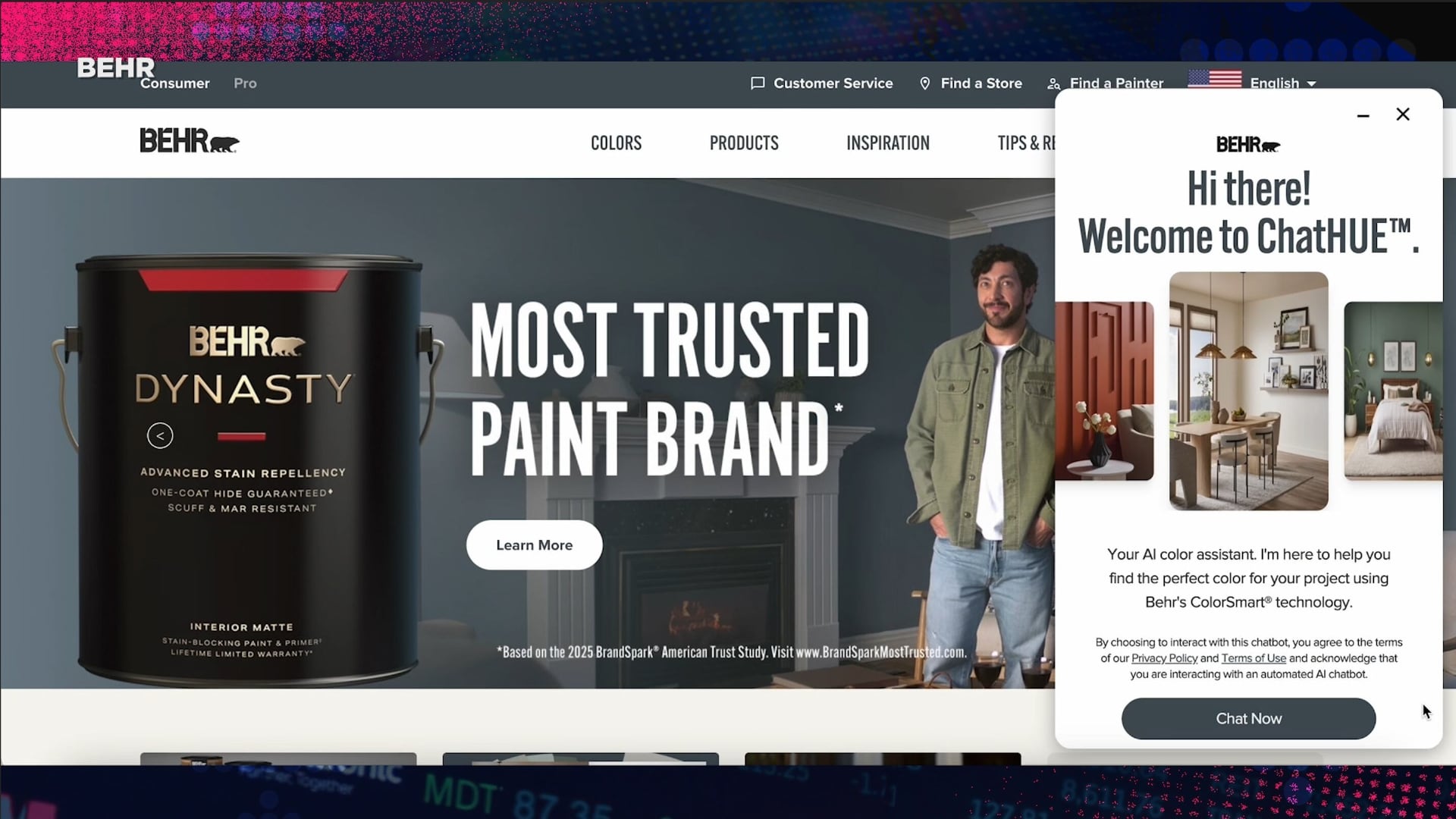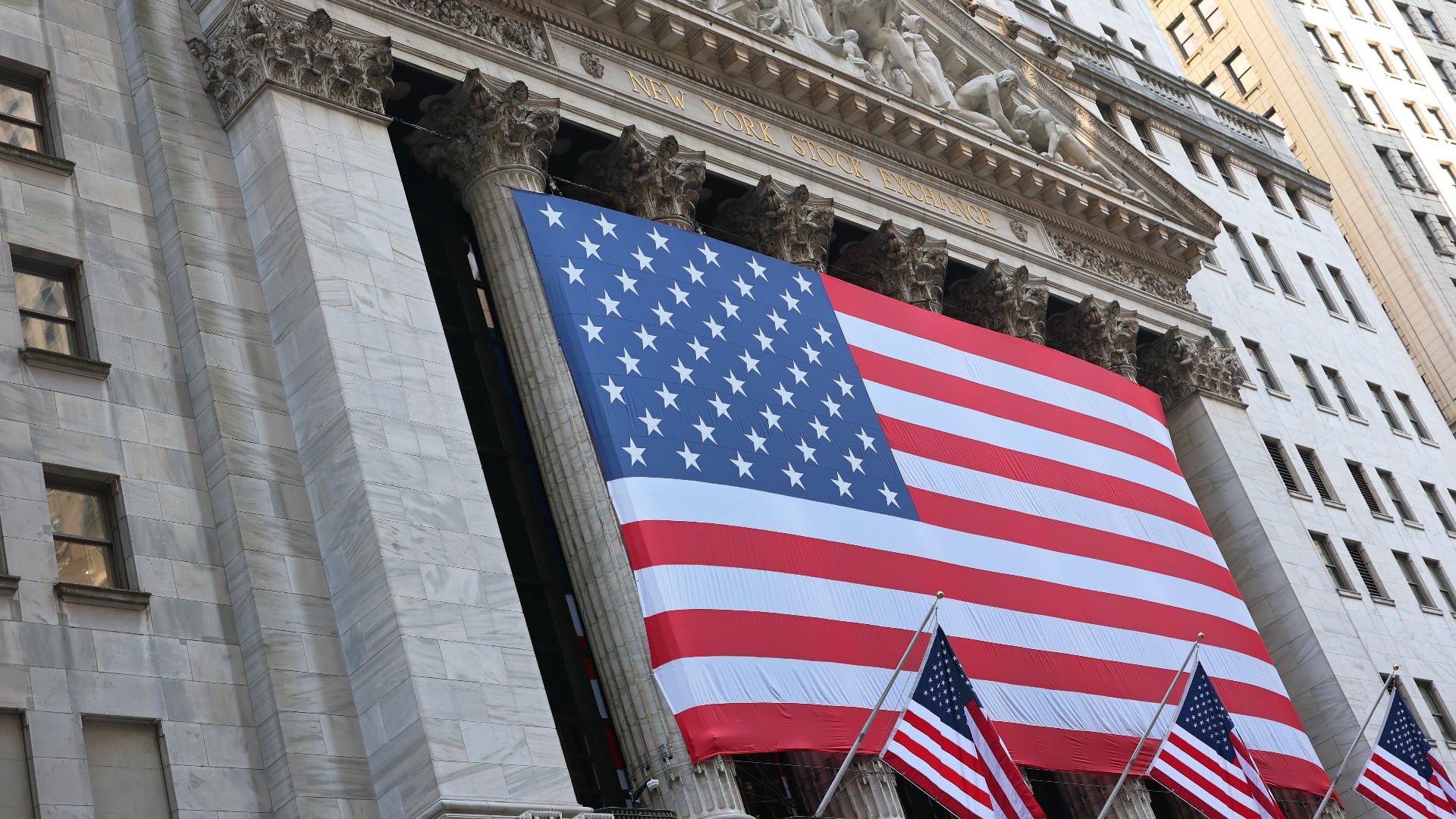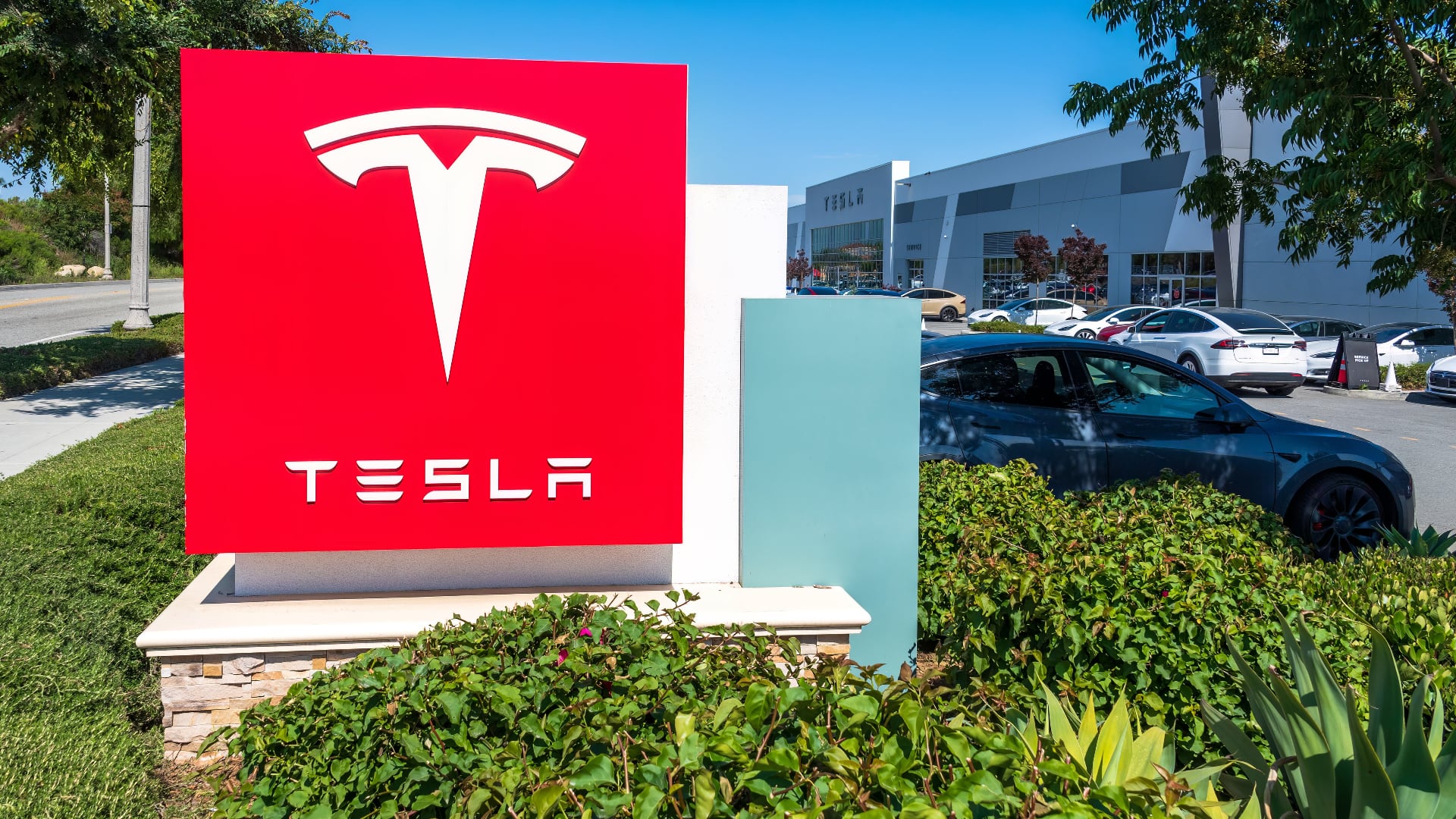*From Wall Street to Silicon Valley, these are the top stories that moved markets and had investors, business leaders, and entrepreneurs talking this week on Cheddar.* **Q2 IPO BOOM** The second quarter of 2019 is in the books, and it was a banner three months for IPOs. Uber ($UBER), Pinterest ($PINS), Beyond Meat ($BYND), Zoom ($ZM) were among the newly public companies to rake in a total of $25 billion in new money. It was the best quarter for public offerings in five years, according to Renaissance Capital. While Uber led the way in terms of size, its debut was anything but smooth, though the stock did rebound later in the quarter and closed above its IPO price of $45 for the first time on Thursday. **BOEING'S LATEST SETBACK** Boeing's long, hot summer shows no sign of cooling off anytime soon. Federal regulators uncovered a new software issue with the 737 Max jet, which has been grounded since March following a pair of deadly crashes that investigators believe were caused by a computer malfunction. The most recent glitch could take three months to repair, according to a Bloomberg report. Before that new issue was revealed, Boeing ($BA) CEO Dennis Muilenburg said he expected the international ground halt to be lifted by "late summer." Meanwhile, United Airlines ($UAL) joined American ($AAL) and Southwest ($LUV) say they expect to have to continue to cancel flights through early September due to a shortage of the aircraft. **BITCOIN ROLLERCOASTER** It's up! It's down! It's up again! The volatility in Bitcoin ($BTC) was back with a vengeance this week, bringing with it memories of the bursting of the crypto bubble in late 2017. The price of Bitcoin first surged to nearly $14,000 midweek ー a level it hadn't reached since early 2018 ー before tumbling 20 percent in the span of a couple hours to erase about five days of gains. Bitcoin and other digital coins like Ethereum and Litecoin have been gaining in recent weeks for a variety of reasons, chief among them the move by Facebook ($FB) into cryptocurrency with its own Libra coin. While the specter of a huge company flooding the market with a competing product typically wouldn't lead to higher prices in that market, in this case speculators believe it adds legitimacy to the still nascent crypto space. **AMAZON PRIME DAY ** Amazon ($AMZN) announced the dates of its annual Prime Day sale, which will be spread across 48 hours this year for the first time after technical issues marred the event last year. Prime Day will be held on July 15 and 16 and feature deals exclusive to Prime members ranging from Amazon products like the Echo to brand-name electronics. Amazon is bringing in the heavy hitters to help promote this year's event: it tapped Taylor Swift to headline an exclusive concert that will be streamed live on Amazon Prime Video on July 10. In a sign that its competitors are no longer willing to cede the month of July to Amazon, eBay ($EBAY), Target ($TGT) and Walmart ($WMT) all announced their own sales events for the same two-day period. **FIRST E-CIG BAN** Next year, it will be illegal to sell Juul products in the city that Juul calls home. In a first-of-its-kind law, San Francisco lawmakers voted unanimously to ban the sale of all e-cigarette and vaping products in the city due to the explosion in teen vaping and nicotine use. Juul, which has a stranglehold on the U.S. vape market, is based in San Francisco and just closed on a new building in the city's Financial District. The company has come out strongly against the ban, arguing that its product has helped countless smokers transition from combustible cigarettes, which contain far more toxins than e-cigarettes. The city's argument is that the vaping industry is in dire need of regulatory attention, and until the FDA makes a decision about how to regulate the products in order to discourage underage use, it is taking matters into its own hands. [See more](https://cheddar.com/media/san-franciscos-e-cig-ban-awaits-mayors-signature-putting-pressure-on-fda) *ーby Carlo Versano*



